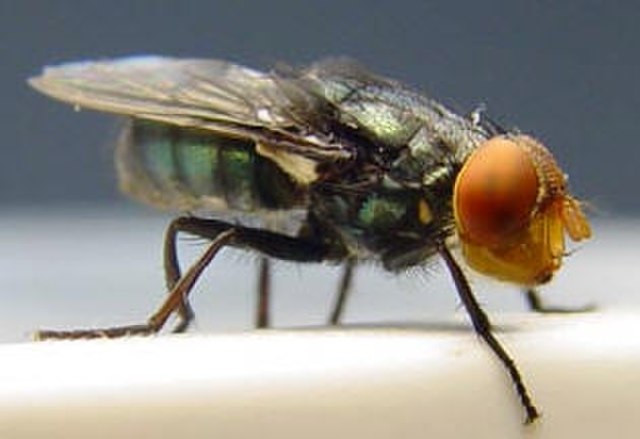The Trump administration has suspended all imports of live cattle, horses, and bison through ports along the U.S.-Mexico border, citing the accelerating spread of the deadly New World Screwworm (NWS) in Mexico. The decision, announced Sunday by U.S. Department of Agriculture Secretary Brooke Rollins, takes immediate effect.
"Due to the threat of New World Screwworm I am announcing the suspension of live cattle, horse, & bison imports through U.S. southern border ports of entry effective immediately," Rollins wrote in a post on X. "The last time this devastating pest invaded America, it took 30 years for our cattle industry to recover. This cannot happen again."
The USDA first reported a resurgence of NWS in November 2024. The parasite's larvae, which burrow into the flesh of living animals, can cause severe damage and death if left untreated. The maggots infect livestock, wildlife, pets, and in rare cases, humans. According to the agency, NWS has been detected in remote areas of Mexico, including farms with limited cattle movement roughly 700 miles south of the U.S. border.
Rollins said, "The protection of our animals and safety of our nation's food supply is a national security issue of the utmost importance."
The USDA's Animal and Plant Health Inspection Service (APHIS), in coordination with U.S. Customs and Border Protection, will enforce the suspension month-to-month "until a significant window of containment is achieved." Animals already held at border ports will be inspected and treated before entry.
"This is not about politics or punishment of Mexico, rather it is about food and animal safety," Rollins said. She emphasized ongoing collaboration with Mexican Agriculture Secretary Víctor Villalobos Berdegué and added, "Once we see increased surveillance and eradication efforts, and the positive results of those actions, we remain committed to opening the border for livestock trade."
The USDA and Mexico are deploying a three-part response strategy, including enhanced field surveillance and public education, movement control of at-risk animals, and release of sterile flies to disrupt the reproductive cycle. A similar campaign in the 1960s and 1970s eradicated the screwworm from the U.S. and later from Mexico, though it took decades and cost billions of dollars.
In 1976, a major outbreak in Texas affected more than 1.4 million cattle and hundreds of thousands of sheep and goats. A USDA analysis estimates a similar event today would cost the Texas economy $1.8 billion.






